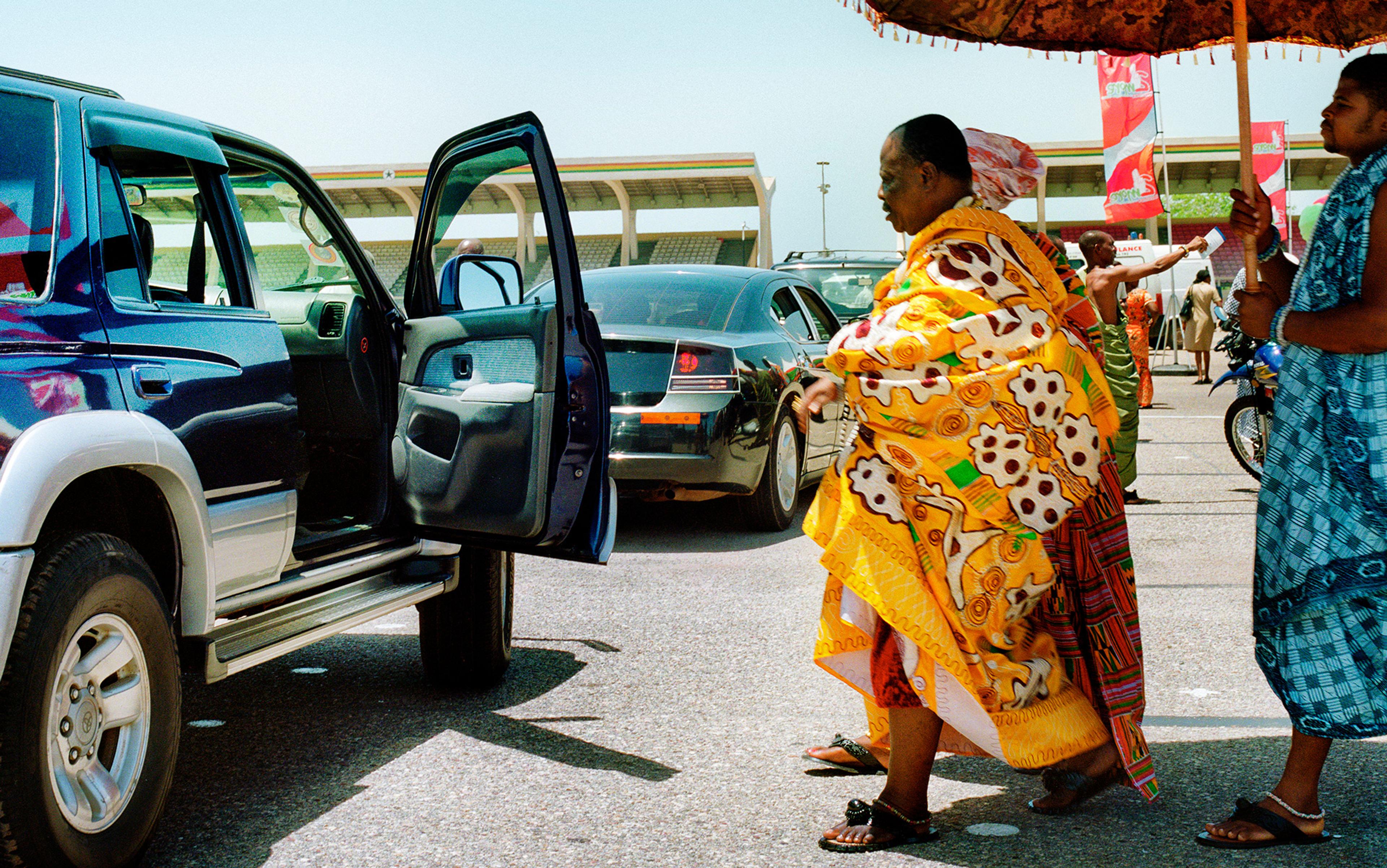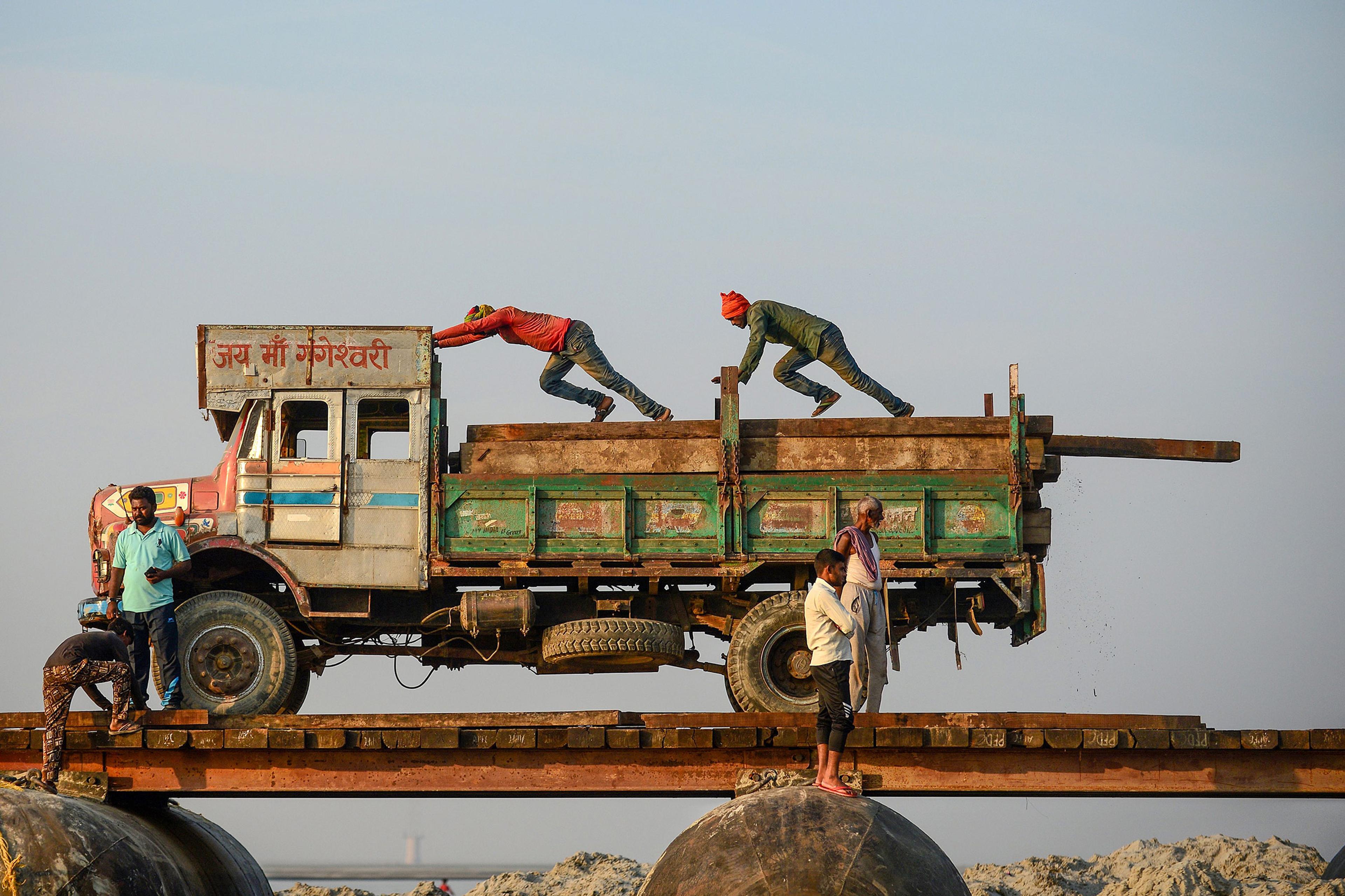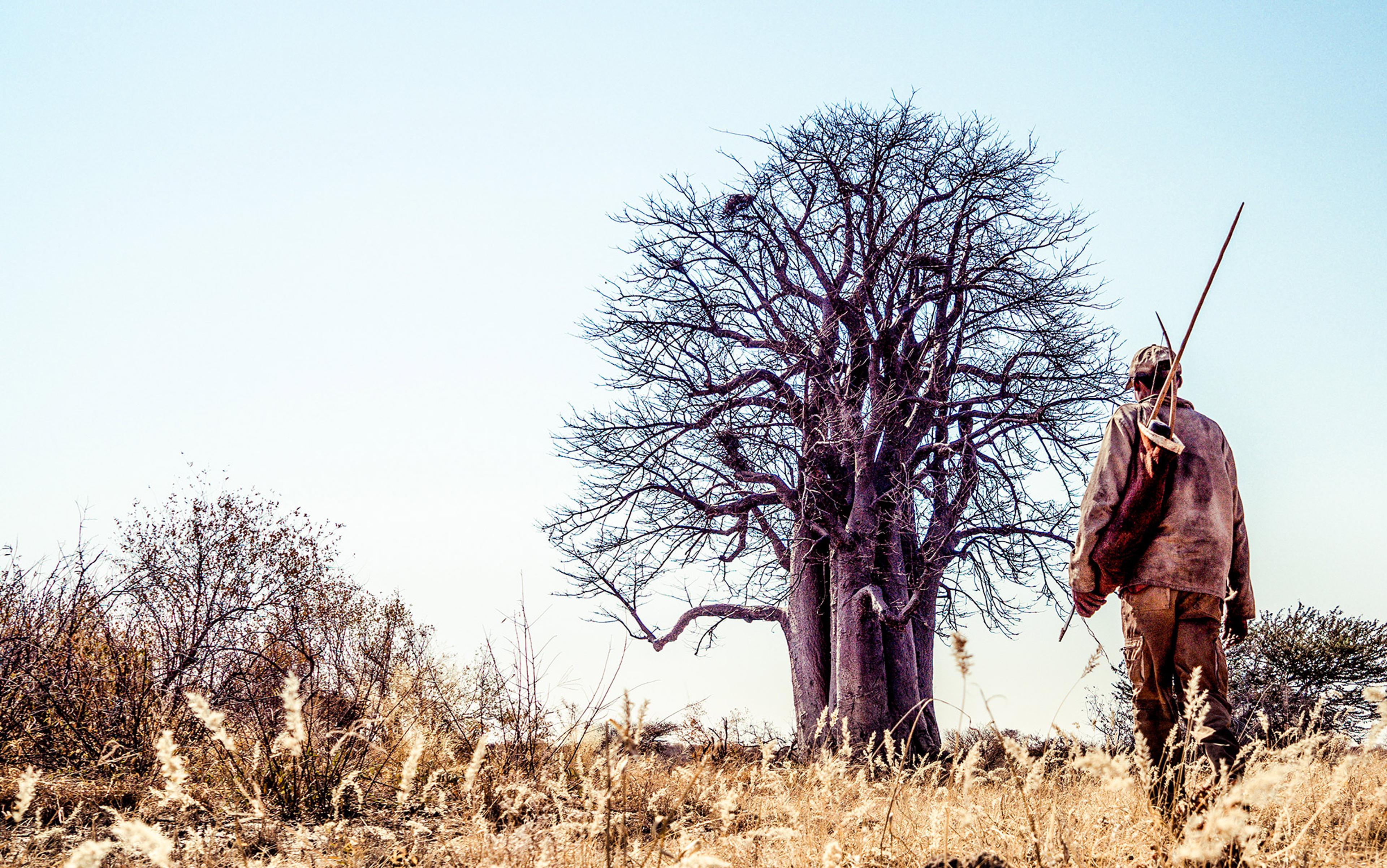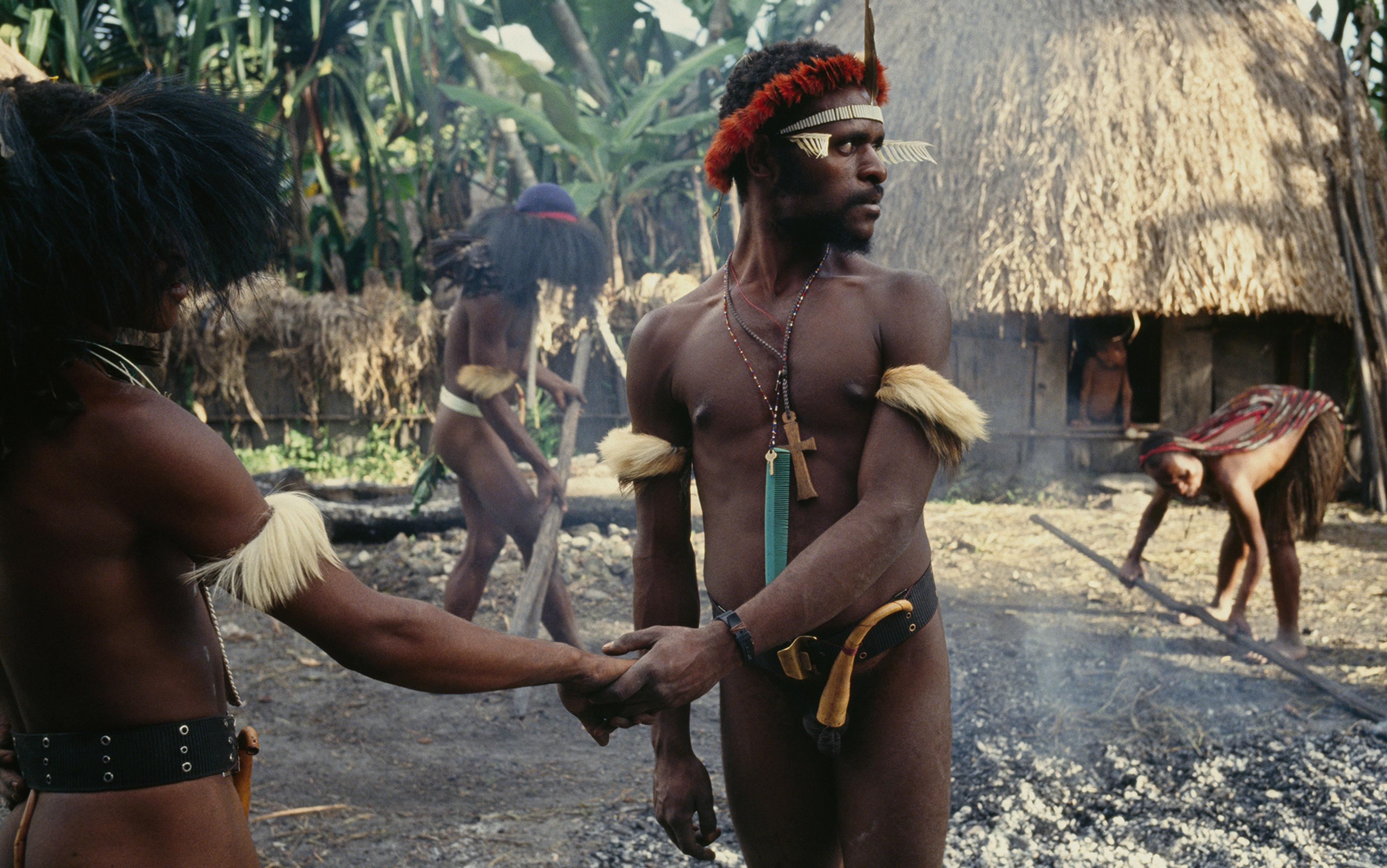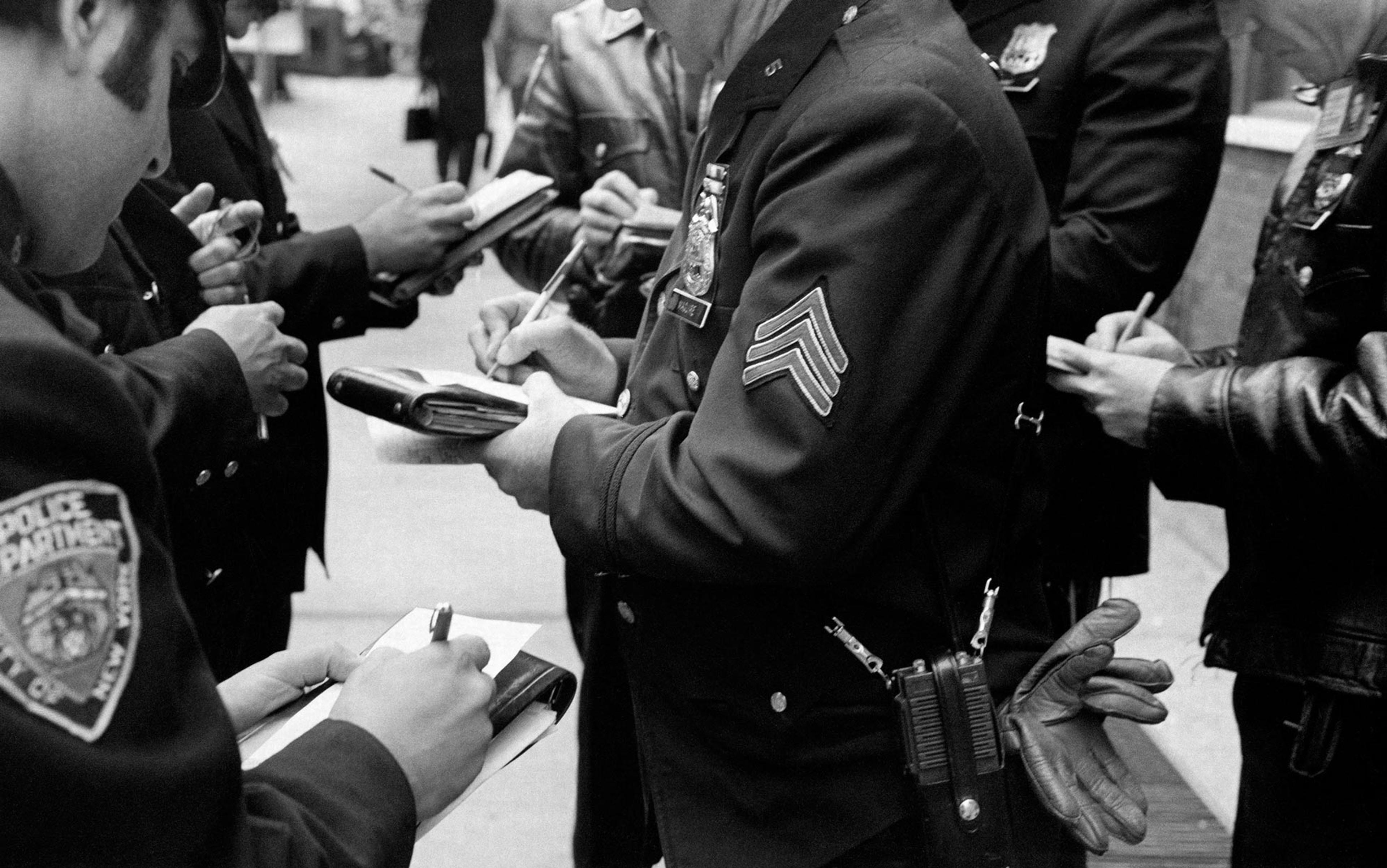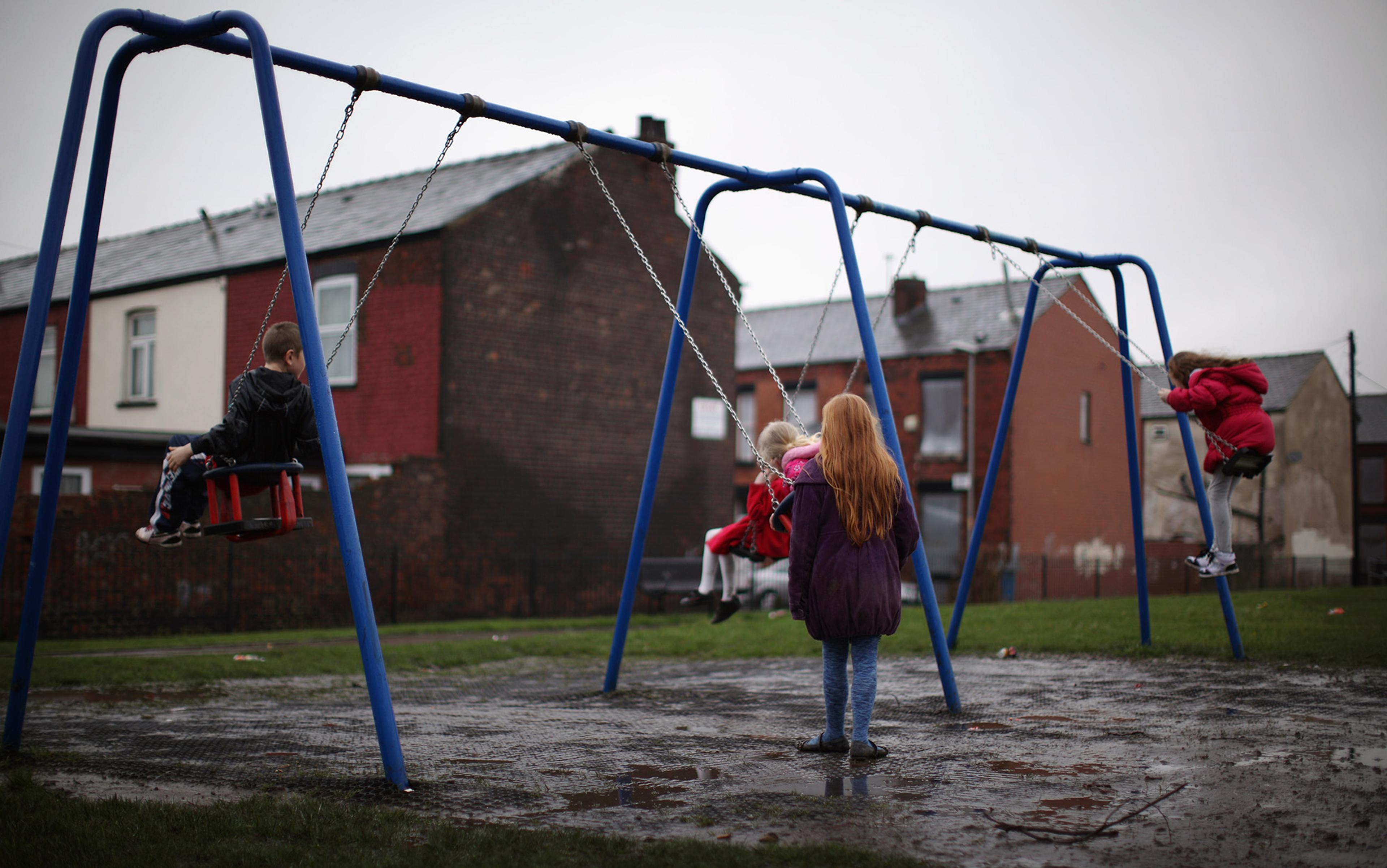When The Spirit Level: Why Equality is Better for Everyone by Richard Wilkinson and Kate Pickett came out in 2009, it chimed well with the post-crash mood. The book claimed that higher levels of inequality were associated with a whole range of poor health issues, including lower life expectancy, increased obesity, and higher murder rates. It seemed that those fat cat bankers hadn’t just wrecked the financial system: they were making us all ill, too.
Subsequently, however, these claims came in for a great deal of criticism, especially from sociologists on the libertarian end of the political spectrum. Whether right or wrong, however, the original book has raised a deeper question, and one that is still wide open. By framing the debate about inequality in a biological context, The Spirit Level harked back to an older philosophical conundrum about human nature. Are we, fundamentally, an egalitarian species or a fiercely competitive one? Or are we perhaps so flexible that we can be equally at home in either kind of society?
Evolutionary biology casts considerable light on this question. Start with the fact that our species has spent more than 90 per cent of its existence living in highly egalitarian bands of hunter-gatherers. There is no room in this nomadic existence for the accumulation of property, and hence no great differences in material possessions. As the American anthropologist Marshall Sahlins observed in his 1968 essay on the ‘original affluent society’:
Of the hunter it is truly said that his wealth is a burden. In his condition of life, goods can become ‘grievously oppressive’ … and the more so the longer they are carried around. Certain food collectors do have canoes and a few have dog sleds, but most must carry themselves all the comforts they possess, and so only possess what they can comfortably carry themselves.
It was only when the first humans started farming, around 10,000 years ago, that it became possible for one person to accumulate many more possessions than another. Farmers are sedentary and can therefore store property in buildings, and stake a claim to land by building walls. Farming is also more efficient than hunting and gathering, so a division of labour can develop. Some grow enough food to support other people who have nothing to do with food production, such as artisans, soldiers, priests and kings. Inevitably, those who do not produce food end up far richer than those who do. Kings skim off the surplus production in the form of taxes and use it to finance armies, palaces and temples. Priests spin yarns about tithing to justify all this robbery in exchange for an income of their own. In just a few thousand years — a blink of an eye in evolutionary terms — humans have gone from living in small egalitarian bands to large-scale sedentary societies with extreme levels of inequality.
It would hardly be surprising then if the sudden appearance of inequality didn’t have deleterious consequences for the human mind and body. Other novelties associated with the advent of farming, such as the constant proximity of domestic animals and higher population density, exposed our ancestors to new threats for which they were unprepared, such as the rise of infectious diseases. Evolutionary psychologists have speculated that our ancestors found the new landscape of social inequality similarly damaging, and that there has not yet been enough time for natural selection to adapt us to it, if it ever will.
According to the social competition hypothesis of depression, humans are exquisitely sensitive to small differences in social status. Such sensitivity was vital when our ancestors lived in smaller bands of hunter-gatherers, where status differences were relatively slight. But in today’s world, where the global elite earn thousands of times more than those at the bottom of the economic heap and have completely different lifestyles, our status detectors go into overdrive. Hence a sensitivity that evolved to help low-status individuals signal obedience would, in today’s world, produce pathological results.
It is not enough to succeed, as Gore Vidal said; others must fail
Support for this idea is provided by studies of dominance hierarchies in other primates. Low-ranking vervet monkeys, for example, have serotonin levels that are half those of the alpha males, and low-status yellow baboons have elevated levels of the stress hormone cortisol. Both of these physiological responses are found in depressed people, so perhaps inequality does literally get under our skin. A study of British civil servants found that those in lower-grade jobs showed significantly higher levels of the cortisol-awakening response (the difference between cortisol levels at waking and 30 minutes later, which is thought to be linked to the hippocampus’s preparation to face anticipated stress) than those in higher grades. Contrary to popular belief, then, it seems that those at the top of the pyramid, who tend to have the most decision-making responsibility, have the least stressful lives. One theory is that, the lower one is in the chain of command, the less control one has over one’s daily life. Taking orders, rather than giving them, results in raised heart rate, stress hormones, and blood pressure.
Inequality is not a negative-sum game — in which everybody ends up worse off — but a zero-sum game, in which the poorer health of those at the bottom of the pile is offset by the health gains of those at the top. There is nothing like the sight of a beggar to make one feel rich. It is not enough to succeed, as Gore Vidal said; others must fail.
Evolutionary psychologists have also looked to experimental psychology for evidence that we are naturally averse to inequality. In the ultimatum game, for example, two strangers are paired and given a sum of money. One of them — usually referred to as the ‘proposer’ — has to decide how to divide the money. The proposer might suggest a 50-50 split, or they might offer only 10 per cent and keep the lion’s share. The other player can then either accept or reject this offer. If the responder accepts the offer, each player walks away with the share suggested by the proposer. If the responder rejects the offer, each player walks away with nothing.
According to game theory, a rational proposer should always offer the smallest amount possible, and a rational responder should always accept the proposer’s offer, no matter how small it is. After all, some money is better than none. But this isn’t what people actually do when they play this game. Instead of offering the smallest possible amount, most proposers offer between 40 and 50 per cent of the money. And on the few occasions that proposers offer less than 20 per cent, responders reject about half of those offers, despite the fact that this means both lose.
Such findings have been interpreted as evidence that people naturally dislike inequality and will sacrifice some personal gains to avoid it. However, when the experiment has been carried out with indigenous people with a low degree of market integration, the results are very different. Machiguenga farmers in Peru, for example, offer very little, and accept almost every offer, no matter how derisory. In the cultures least exposed to the influence of capitalism, people behave almost as greedily as game theory suggests they should. This does not bode well for the idea that inequality aversion is part of our DNA.
Levels of inequality might have fluctuated during our evolutionary past. The last common ancestor we share with chimpanzees — a primate who lived in the rainforests of Africa some five million years ago — was probably as hierarchical as chimps still are today. Alpha male chimps are, basically, big bullies who take what they want and brutally punish junior males who dare to challenge them, and the first hominids were probably similar. Yet, according to the anthropologist Christopher Boehm, all this changed around 500,000 years ago when our ancestors first developed spears. The development of more sophisticated weapons meant that physical strength was no longer decisive in determining the outcome of a fight. Weaker males could now kill stronger ones, enabling the transition to more egalitarian communities in which leadership was more a matter of skilful negotiation and bargaining than simple brute force.
If Boehm is right, it is the egalitarianism of hunter-gatherers that is unusual from an evolutionary point of view, a mere phase between the dominance hierarchies of our primate inheritance and the social inequality brought on by the advent of farming. Far from being our natural state, the low levels of inequality in bands of hunter-gatherers might be a fragile achievement resulting from a certain stage of military technology, a temporary truce among creatures who are innately predisposed to hierarchical arrangements.
Attempts to forge a more equal society will have to contend with our competitive instincts and our innate desire for status
The development of weaponry might also have favoured the transition to egalitarianism by enabling our ancestors to hunt big game. There is far too much meat in a dead bison for one hunter to consume all by himself, so most of it is eaten by others. But the link between meat-sharing and egalitarianism does not pass by way of equal distribution. Some scholars argue that hunter-gatherers do not divide the spoils of the hunt equally among the members of the band as if they were practicing some kind of primitive communism. Rather, those who come back empty-handed snatch scraps of meat from the successful hunter without permission. This is a model of human sharing known as ‘tolerated theft’. The theft is tolerated by the successful hunter only because he is too busy stuffing his own face to punish every transgression. Once again, egalitarianism arises from the difficulty of coercion, not because of fellow feeling or kindred spirit.
The discovery that inequality might go deeper in the psyche than egalitarianism tells us nothing, of course, about what kind of society we should strive to create. To jump from empirical evidence about our hierarchical nature to moral conclusions would be to commit the naturalistic fallacy. But while we can’t derive an ‘ought’ from an ‘is’, a better understanding of human nature can enable us to identify the obstacles that hinder the path to greater social equality, if this is what we desire.
In particular, attempts to forge a more equal society will have to contend with our competitive instincts and our innate desire for status. These are not cultural artefacts that can be swept away by economic reforms, as the ideologues of the Russian Revolution believed when they looked forward to the emergence of the ‘New Soviet Man’. On the contrary, they are deeply etched into our nature, and will find ways to express themselves in any society. Indeed, they might well be the reason why Europe’s communist societies lasted as long as they did. Given the Soviet Union’s huge inefficiencies, it is a puzzle how it managed to survive for close to 70 years. Perhaps the explanation lies in the fact that it never managed to become truly communist. Despite strenuous attempts to stamp them out, tiny pools of capitalism persisted, and these provided just enough steam to keep the system going. For example, factory bosses were given bonuses when they met their production quotas, and often relied on tolkachi (‘fixers’ or ‘pushers’) whose job was to pull strings and set up unofficial arrangements with other factories. Ironically, then, it was the old, unreformed elements of human nature that allowed the communist party to survive for so long. People look for ways to compete, even when competition is forbidden.
How can our competitive instincts and our innate desire for status be channelled in ways that favour a more equal society? The answer lies in our capacity for instrumental reasoning and our ability to respond intelligently to incentives. Competition might be in our DNA, but what we compete for is not; our ancestors fought to kill the biggest beast, while we compete to buy the bigger house or the faster car. Likewise, status-seeking might be a given, but what counts as a status symbol varies from culture to culture. A plump figure was once the height of fashion, but not today.
This limited flexibility both constrains the range of workable social systems and suggests certain ways of tinkering with them. A communist society might be forever beyond our grasp, even if we wanted one, but it should be possible to create better forms of capitalism by more closely aligning individual incentives with socially desirable outcomes. The million-dollar question is how.
The obvious way is by means of clever social engineering. For example, if the use of stock options in executive compensation gives managers the incentive to take excessive risk and fraudulently manipulate the company’s stock price, executives could be forced to wait a few years before exercising these options. The problem with all such solutions is that people are good at finding new loopholes. In other words, it is precisely our capacity to respond intelligently to incentives that makes it so difficult to design foolproof incentives. A whole area of game theory known as mechanism design has arisen to address the challenges of designing systems that can’t be outwitted, but it is still in its infancy and is of course fiendishly complicated.
Left to their own devices, people will find ways to check the most extreme inequalities
An alternative to social engineering is to let social systems evolve in the hope that we will thereby discover better forms of organisation that we might not have been clever enough to design ourselves. This might seem like political nihilism, an irresponsible abandonment of any attempt to correct the inequities of the market. But, viewed from another perspective, it can be seen as a humble acceptance of our cognitive limitations, and a deep faith in the wisdom of the crowd. It has also proved far more effective at producing equitable institutions than the more deliberative approach. Take British common law, for example. This hodgepodge of accumulated precedents seems to be far better at promoting fairness and equality of access to justice than the more streamlined Napoleonic code on which the legal systems of most Latin American countries are built.
Left to their own devices, people will find ways to check the most extreme inequalities without eliminating all incentives to work. The spread of norms about sharing seems to bear this out. Norms which govern sharing and negotiating with strangers are a cultural invention, not an innate part of human nature. It seems likely that they began to develop only with the emergence of long-range trading between unrelated groups, around 35,000BC. From there, it was a long, slow journey to the merchant bankers who financed grain trading in medieval Italy, and on to the complex mechanisms of today’s global economy. The gradual development of market mechanisms would have been impossible without the co-evolution of norms about what constitutes a fair exchange. And this gives rise to a paradox: markets are both the cause of great inequality, and the source of ideas about what constitutes fair exchange. Perhaps Marx was on to something when he suggested that capitalism would sow the seeds of its own destruction. Or perhaps it has simply provided the mechanisms for softening its worst excesses.
